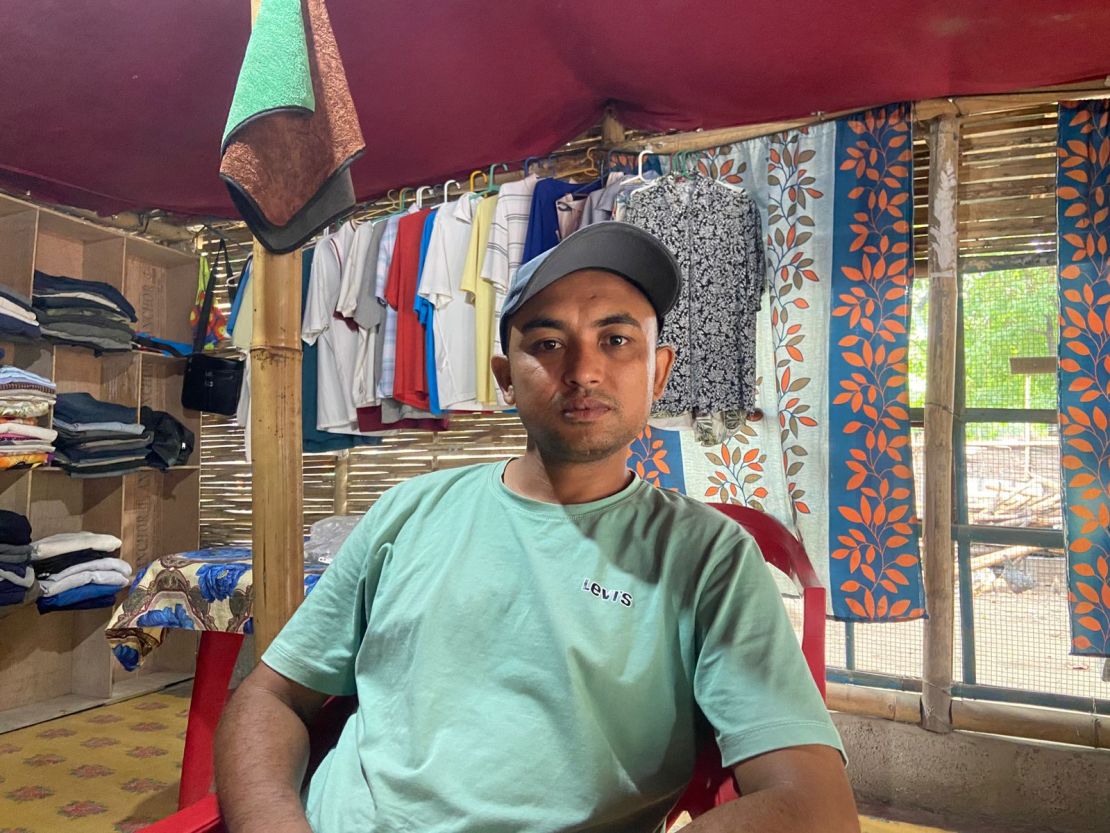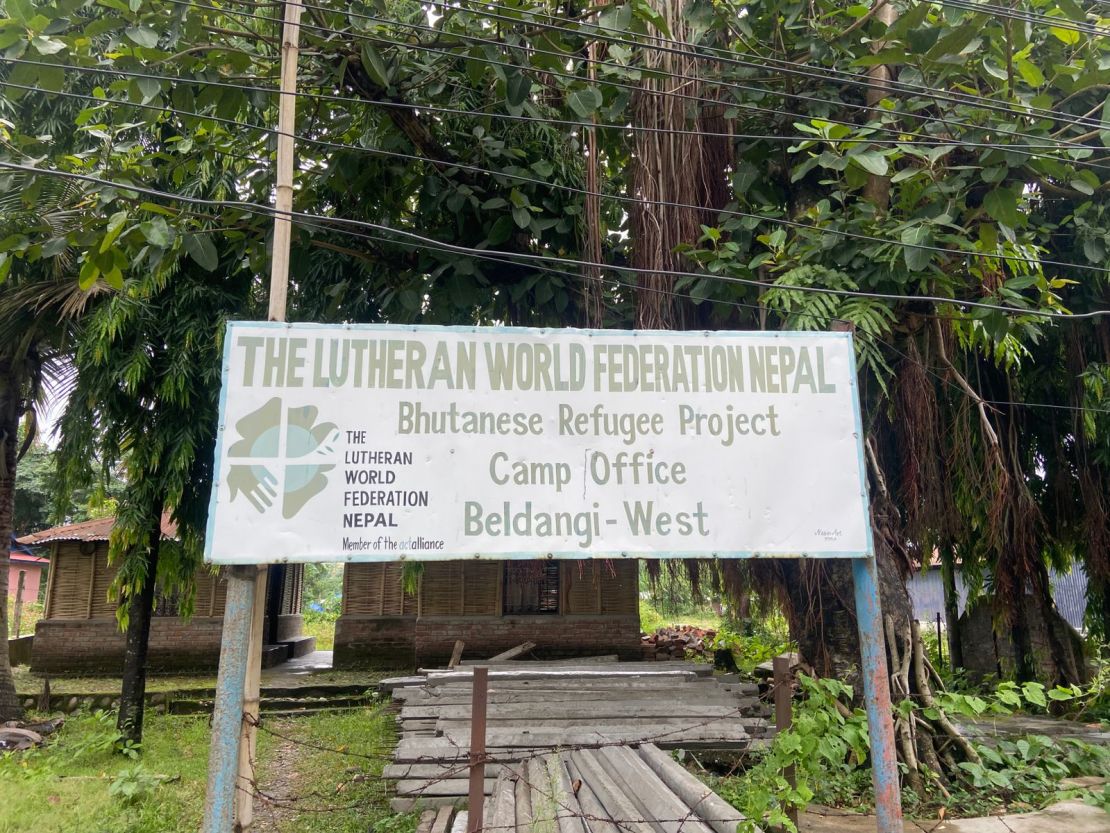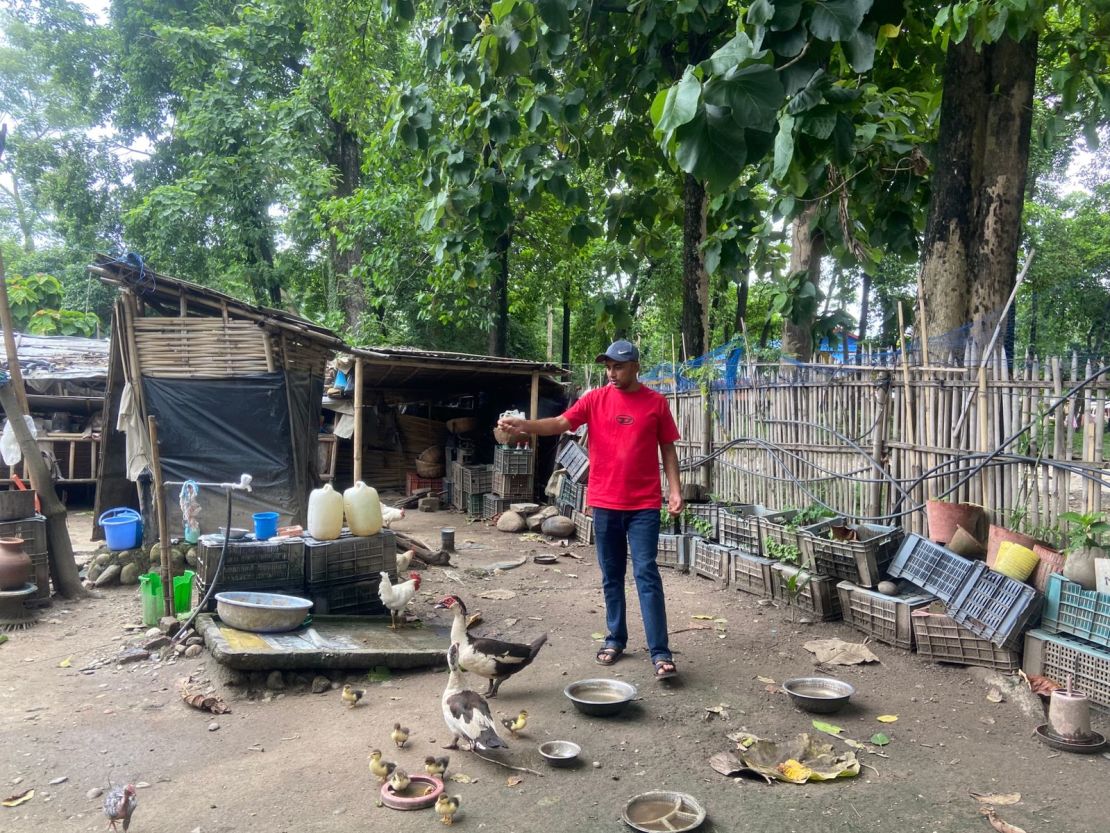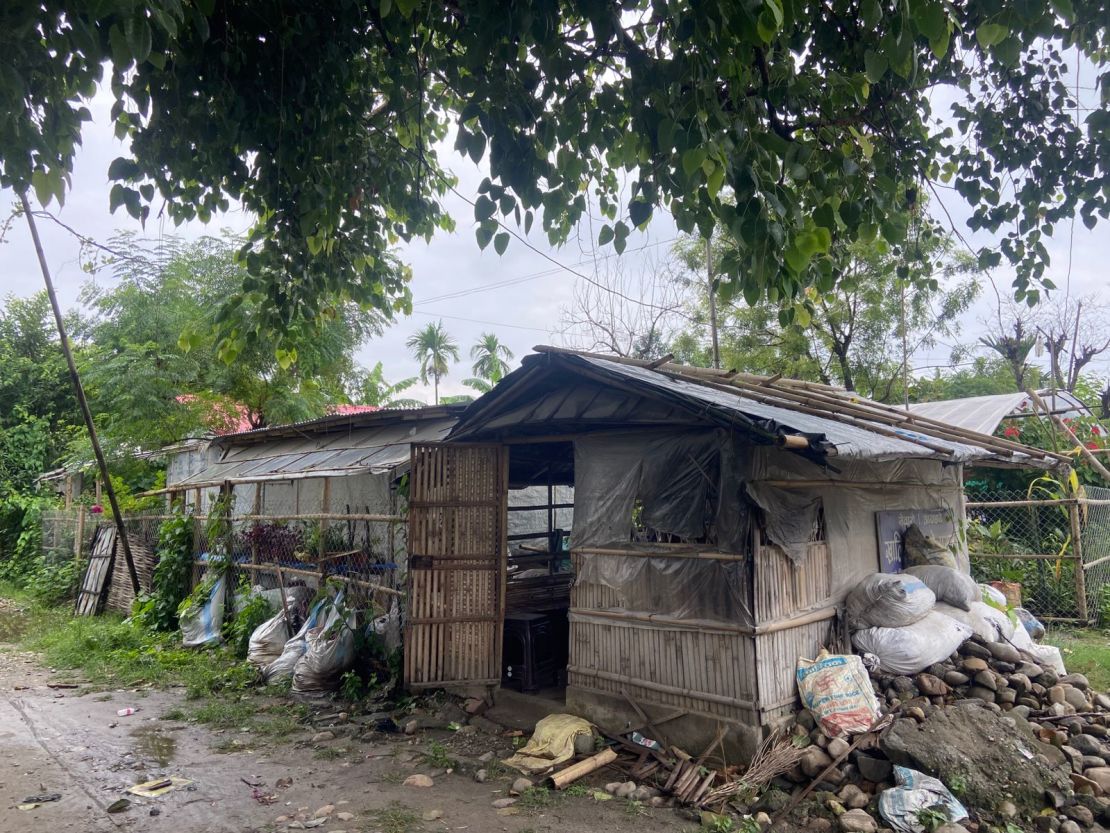US Deportations Render Bhutanese Refugees Stateless

Thousands of Lhotshampa refugees, originally from Bhutan and resettled in the United States, are facing a renewed crisis of statelessness after being deported by U.S. Immigration and Customs Enforcement (ICE). Despite being granted legal permanent residency in the U.S., some Lhotshampa individuals with criminal records are now being deported back to Bhutan, only to be allegedly abandoned at the Indian-Nepal border, leaving them without citizenship or a place to call home.
Who are the Lhotshampa? A History of Displacement

The Lhotshampa are a heterogeneous Bhutanese people of Nepalese descent, primarily Hindu, who began settling in southern Bhutan from the mid-19th century onwards. In 1958, Bhutan's Citizenship Act offered citizenship to those who could prove 10 years of residency prior to that date. However, from the late 1970s through the 1980s, the Bhutanese government introduced increasingly discriminatory measures against the Lhotshampa, including policies aimed at enforcing a singular national identity. The 1985 Citizenship Act made it exceedingly difficult for many Lhotshampa to prove their citizenship.
Forced Expulsion and Refugee Crisis

Between 1988 and 1993, tens of thousands of Lhotshampa were forcibly expelled from Bhutan in what is widely considered ethnic cleansing. Many were coerced into signing "voluntary migration certificates." These refugees fled to Nepal and India, leading to the establishment of refugee camps in Nepal in the early 1990s, which housed over 100,000 Lhotshampa.
Resettlement in the United States

Decades of bilateral talks between Nepal and Bhutan failed to resolve the repatriation issue. From 2007-2008, the United Nations High Commissioner for Refugees (UNHCR) initiated a third-country resettlement program for Lhotshampa refugees. The United States became the primary destination, with approximately 85,000 Lhotshampa resettling there. Canada, Australia, and several European countries also accepted refugees.
Recent Deportations: A New Chapter of Uncertainty

Recent reports from March-May 2025 indicate the U.S. has begun deporting Lhotshampa individuals back to Bhutan. These individuals, despite being granted legal permanent residency, had prior criminal records ranging from minor offenses to more serious felonies. Following their deportation, Bhutan is allegedly abandoning these individuals at the Indian-Nepal border, effectively rendering them stateless. As of April 18, at least 20 deportations had been reported, with an additional 60 awaiting deportation.
The Stakeholders Involved

The current situation involves multiple stakeholders with complex roles:
- Lhotshampa People: The victims of systematic discrimination, denationalization, and forced expulsion. Many were born in refugee camps and have never lived in Bhutan before their recent deportations.
- Bhutan: The country responsible for expelling the Lhotshampa and enacting discriminatory policies. Bhutan reportedly issues travel documents for deportees but then abandons them at foreign borders. Notably, Bhutan and the U.S. lack formal diplomatic relations.
- United States (ICE): The country that resettled tens of thousands of Lhotshampa refugees but is now deporting individuals with criminal records. ICE claims to have followed proper procedures.
- Nepal: The host country for Lhotshampa refugee camps for decades, now reluctant to accept deported individuals. Nepal has sent diplomatic notes to Bhutan, the U.S., and India but has received no replies.
- India: Sharing borders with both Bhutan and Nepal, India considers the refugee issue a bilateral matter between Bhutan and Nepal.
- Human Rights Organizations: Actively monitoring the situation, expressing concerns about statelessness and lack of due process for deportees.
- Families of Deportees: Facing anxiety and uncertainty, often unaware of deportation orders until their loved ones are deported.
Concerns Over Statelessness and Due Process

The primary concern is the creation of a stateless population. Having been expelled from Bhutan and now rejected by Nepal, the deported Lhotshampa have no recognized citizenship. Humanitarian organizations are raising concerns about the implications of these deportations, especially for individuals who were born in refugee camps and have no ties to Bhutan.
Questions are also being raised about the due process afforded to deportees. Reports suggest that some were not fully aware of their removal orders or had inadequate legal representation. Furthermore, concerns are emerging about the consistency of U.S. human rights policies, especially concerning individuals it previously recognized as refugees. The situation has caused widespread anxiety and fear within the resettled Bhutanese community in the U.S.
Statements and Reports

Balaraam Poudyal, Chairperson of the Bhutan People's Party (BPP), stated that Bhutanese officials confiscated documents, interrogated, and transported deportees to the Indian border, threatening them with imprisonment if they returned. Tika Dhakal, Director of Nepal's Department of Immigration, confirmed detentions of illegally entered Lhotshampa and stated, "Deportation won't resolve it."
Ram Karki, a Bhutanese rights activist, noted that hundreds of resettled refugees with criminal records in the U.S. have received deportation notices, with most deportees having committed minor offenses. The Global Press Journal reported that ICE provided a list of six former Bhutanese refugees deported in April but acknowledged it was not comprehensive, adding that all individuals on the list had been convicted of serious crimes. Gopal Krishna Siwakoti of the Asia Pacific Refugee Rights Network stated that at least 30 Bhutanese people have been deported from the U.S., and at least 60 more are expected, rendering them stateless.